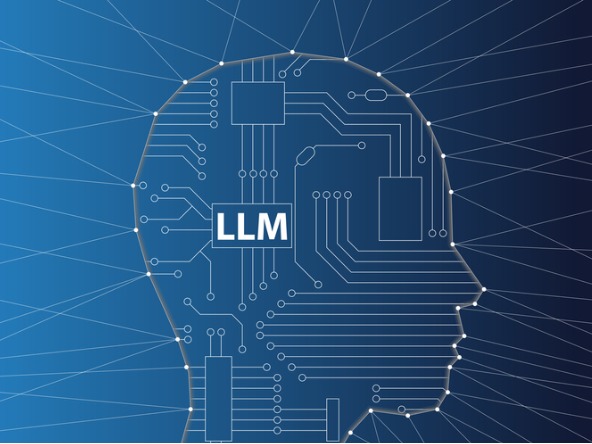ChatGPT and the human element of research

Everyone’s talking about ChatGPT and how it will affect the way we do our jobs in multiple sectors, including market research. With this easy-to-use tool, artificial intelligence (AI) has become mainstream and is rapidly being integrated into every aspect of our lives.
Years ago, we wrote for Research Live about a smaller aspect of AI, machine learning and its ability to help the researcher efficiently analyse data from multiple sources. “Rather than having to reprogram information piece-by-piece as new data is added, new innovations in technology remembers basic tasks and does them automatically. Even 20 years ago, this just wasn’t possible with the available technology.”
Leap ahead to 2023, and many would say the launch of ChatGPT has helped us reach the promised land of generative AI, which is capable of taking nearly any topic, understanding your question or instruction and generating you an answer very quickly.
For example, in the marketing and market research world, it can help plan impactful marketing activities, build audience segments and even quickly handle research and analysis processes that would have previously taken weeks. Using natural language processing, it can do things like gather opinions on products and services by analysing the words and phrases people or communities are using online.
Depending on the prompts the user provides, a tool like this can at the very least help researchers tap into even more valuable data on their audiences, complementing their traditional approaches. In truth, we don’t yet know all the ways such tools will impact our jobs, but we do know they will be an undeniable driver of significant change.
The human element of market research remains
In our 017 Research Live article, we said that the heart of market research will likely remain human. Our premise was that machines could certainly handle algorithms that make predictive assumptions, but that human emotional intelligence and natural curiosity cannot be programmed.
Has this dynamic now changed with the advent of ChatGPT? The “robots are going to take our jobs” alarmists may lead us to believe so. We’ve long maintained the importance of balancing any new technology with human skill and talent in market research, and technology’s role in freeing up time-poor researchers to dig further, and find where more insights might lie within the data. Our work is just aided by ChatGPT, just as other more mainstream technology or our team members aid us in doing our jobs every day.
Technology inherently carries risk. The challenge for an organisation is to understand what risks you’re happy to take on when compared to the potential upside that technology and newer ways of working provide. If you’re embracing new technologies, you need to consider whether or not to go all-in-one or spread your risk across multiple tools.
There is risk in having all your eggs in one technology basket, especially when data and GDPR laws are involved. One serious breach and all your investment could be at stake. While you could become an expert on the tool in a shorter period of time by doubling down on one technology, opting to embrace multiple tools could lead to discovering that certain tools are more effective in certain tasks than others.
Algorithms, on the other hand, can provide a similar upside to AI-type tools. They can be applied to your own internal systems and are not reliant on external expertise to train and implement across your business. The hope is to find the balance between getting the best out of both your people and your technology in a way that benefits your customers.
Ultimately, all outputs from technology need to be tested, challenged, and verified by a person. Think of technology as if it were a junior employee in your business, one of your direct reports. As its manager, you’re responsible for its work and you’d normally check it before it is released.
As with past technology innovations, we need to adjust our traditional ways of thinking and doing things. Expectations will rise along with these advancements, and smart businesses will implement AI in order to keep a competitive edge.
While the balance point between technology and human skills may be different for each company, AI can certainly amplify and enhance human strengths within market research. There is no doubt that job functions and necessary skills will shift, and the face of market research will change perceptibly. Yet, we can be sure of one thing: humans still matter in this equation.
Michael Howard is head of marketing at Infotools

We hope you enjoyed this article.
Research Live is published by MRS.
The Market Research Society (MRS) exists to promote and protect the research sector, showcasing how research delivers impact for businesses and government.
Members of MRS enjoy many benefits including tailoured policy guidance, discounts on training and conferences, and access to member-only content.
For example, there's an archive of winning case studies from over a decade of MRS Awards.
Find out more about the benefits of joining MRS here.













0 Comments